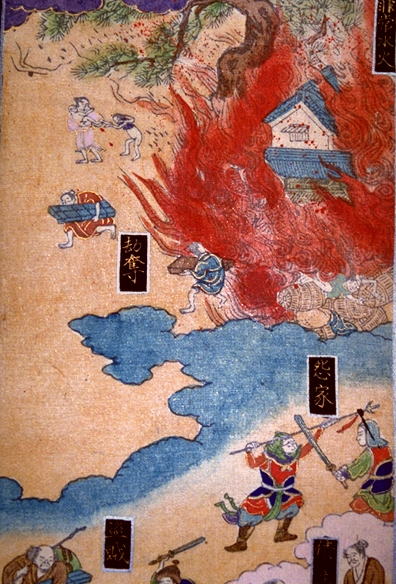
Three evil acts and their retribution-1.
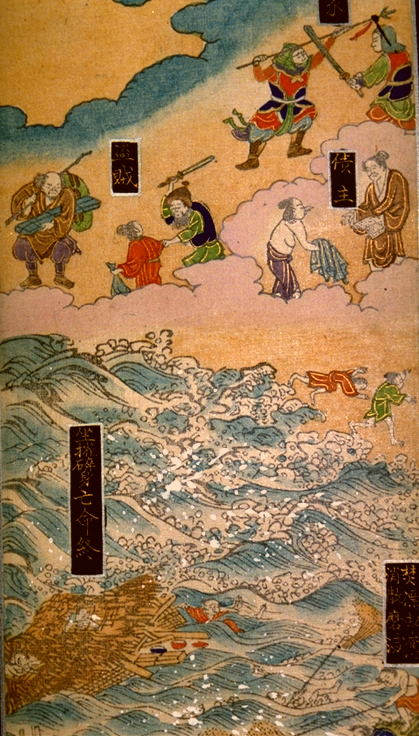 Three evil acts and their retribution-2.
Three evil acts and their retribution-2.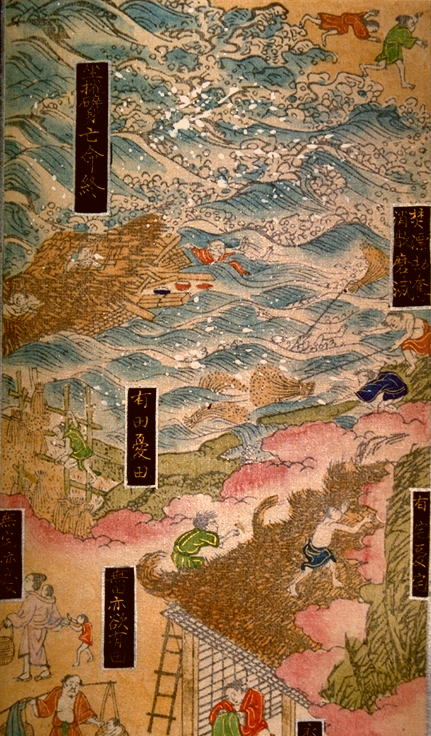
Three evil acts and their retribution-3.
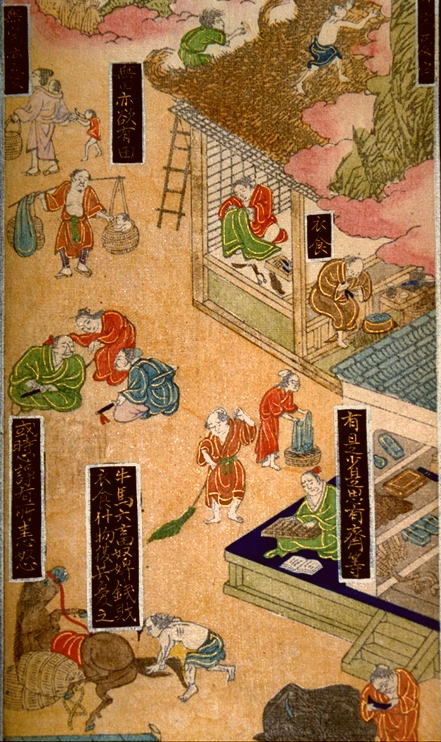
Three evil acts and their retribution-4.
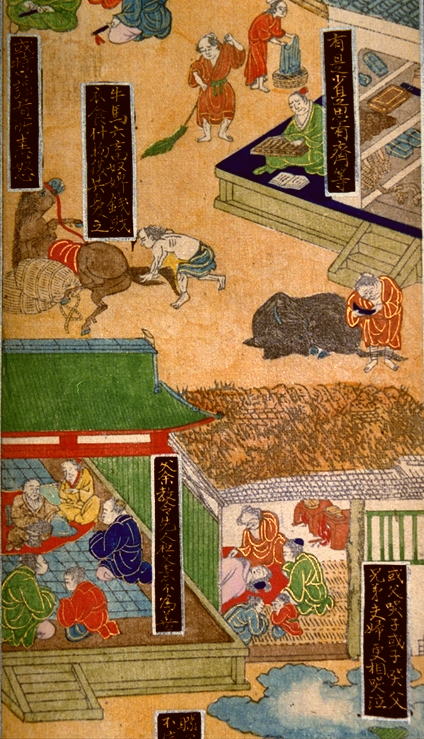
Three evil acts and their retribution-5.
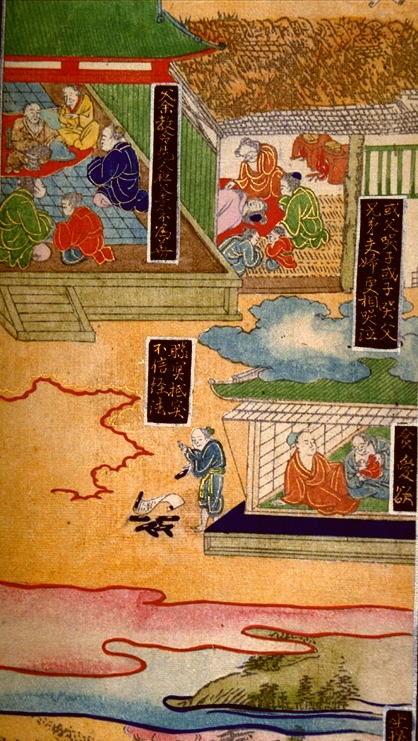
Three evil acts and their retribution-6.
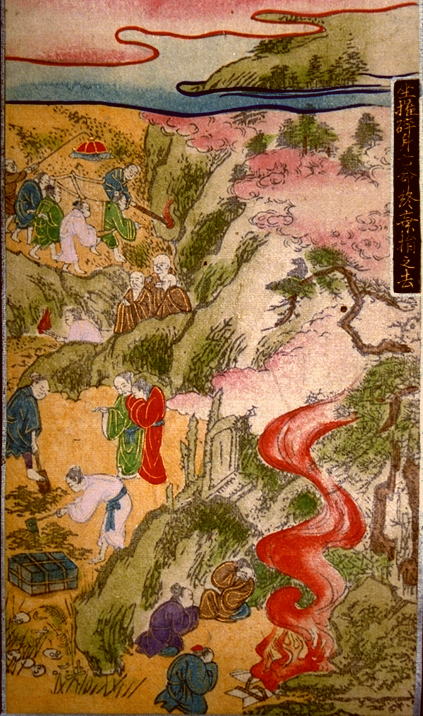
Three evil acts and their retribution-7.